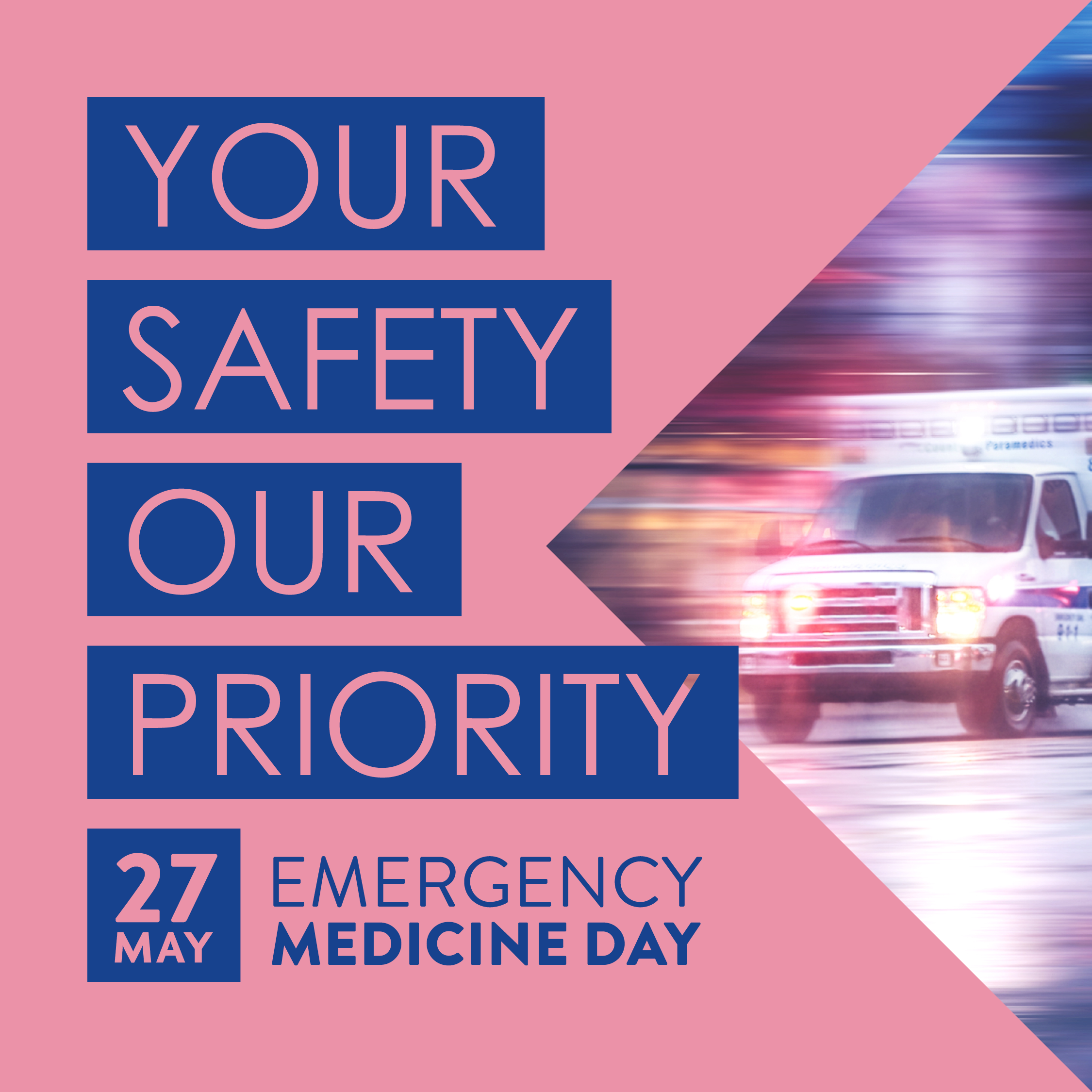Cultural safety is everybody’s responsibility, writes Gabby Ebsworth, a proud Wangkumara and Barkindji woman. Read her essay on the importance of embedding cultural safety at all levels of the health system.
The sliding-door moments of life in remote and retrieval medicine
In a throwback from the print YourED archives, Dr Richard Johnson describes the defining experiences that have influenced his work in emergency medicine.
Why ACME is an important opportunity to reflexively think about clinical practice
Dr Julianne Schliebs believes the Advanced and Complex Medical Emergencies (ACME) course provided her with a rare opportunity to reflect on her own practice.
You, Me and the ED: Dr Georgina Beech and Dr Seira Ikeuchi
Dr Georgina Beech and Dr Seira Ikeuchi both share a passion for supporting regional and rural candidates to equitably access educational resources, and have established their own program to help these trainees prepare for the OSCE.
A mother’s perspective on working in emergency medicine
For Dr Kim Hansen, working as an emergency clinician while parenting three children proved that these life dreams are not mutually exclusive. “I provide an example to my daughters that women can do fulfilling and complex work roles – and be a dedicated primary parent at the same time.”
FACEMs lead project to demystify psychoactive substances
Professor Daniel Fatovich and Dr Jessamine Soderstrom discuss the decades-long journey towards creating a national register for new and novel psychoactive substances.
Using your sphere of influence
Dr Sarah Grainger encourages people working in ED to exercise their sphere of influence and advocate for older patients during their ED journey.
FACEM named as recipient of 2023 IFEM Humanitarian Award
Dr Georgina Phillips is the third FACEM in three years to receive one of IFEM’s highest honours.
Find your tribe
If you work in medicine and want to start a family, consider foster care or adoption, writes Dr Rhys Ross-Browne, an adopted parent of three children.
EM Day 2023: A lack of safety is not part of the job
ACEM President Dr Clare Skinner writes that we must work together to ensure safety in the ED and change the culture that tells us a lack of safety is just part of the job – because it isn’t.
How could the 2023 Australian federal budget impact EDs?
The 2023 Australian Federal Budget should have a positive impact on EDs – but in ways that may not be immediately obvious, writes James Gray, ACEM’s Acting General Manager for Policy and Regional Engagement.
First Aboriginal-led emergency department shift in Cairns
Aboriginal leadership in the emergency department has benefits for patients – and for broader community. “We have the answers,” says Ngarrindjeri man and nursing team leader, Jeremy Rigney. “We know what Mob need.”
The doctor on the mountain
Dr David Lawson spent a season as the doctor on Mount Hutt in Aotearoa New Zealand, 1600 metres above sea level.
Always pay it forward: Dr Matthew Chu on championing equity
Dr Matthew Chu has a key life philosophy: you should always pass on what you have learned.
Trainee works to address frequent attendances in Mparntwe
Dr Sophie Collins, the first Trainee to undertake ACEM’s Specialist Skills Placement (SSP) in Indigenous Health, has seen first-hand the ongoing effects of colonialism on the health of Aboriginal and Torres Strait Islander people.
Balance, sacrifice and tiny brown footprints
In some ways, writes Dr Juan Carlos Ascencio-Lane, working as an emergency physician perfectly mimics the random and chaotic multi-tasking necessary when you’re a parent with four young kids.
Aftershock
The Christchurch earthquake pushed Dr Thora Kristjánsdóttir away from emergency medicine, but 12 years later, she is ready to join the world of high-acuity care.
You can keep doing what you love: Dr Janet Talbot-Stern
Dr Janet Talbot-Stern’s 40-year career has zig-zagged across the world, and she has no intention of slowing down yet.
Why Aotearoa New Zealand is a great place to be a FACEM Trainee
Dr Thomas van Dantzig found adventure and opportunity when he took a leap and moved to Aotearoa New Zealand to complete his emergency medicine training.
Missionaries, mercenaries, and misfits
In 1985, Dr Andrew Walby arrived, in 44-degree heat, at the glorious art deco Mildura Base Hospital to begin a three month rotation in the emergency department.




















